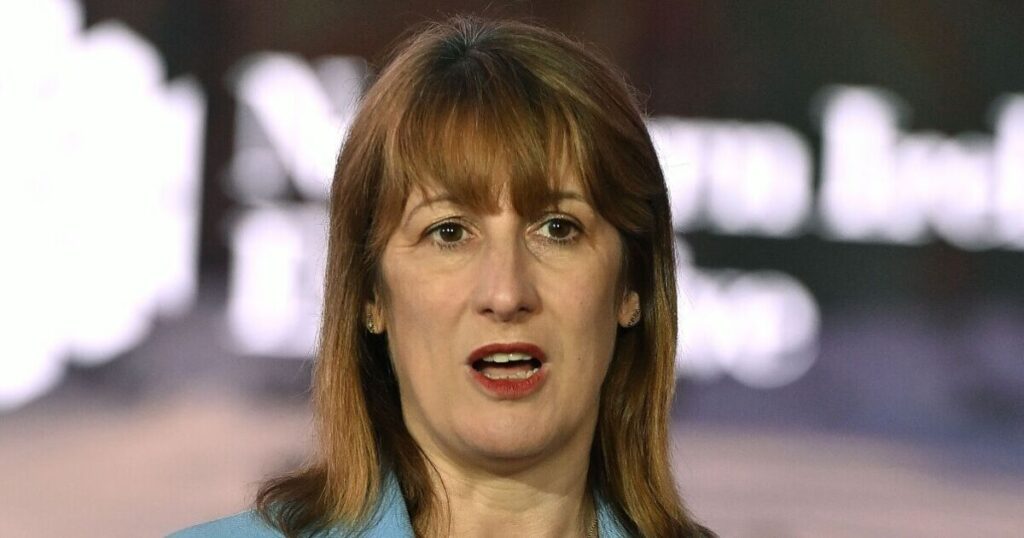
Rachel Reeves’ potential cap on lifetime gifting would be a bid to prevent a haemorrhaging of death tax revenue, an expert has suggested. Treasury officials are reportedly examining whether tightening rules around gifting assets could help plug Britain’s multibillion-pound fiscal blackhole.
Among the reported inheritance tax (IHT) measures under consideration is a possible cap on lifetime gifts, according to a leak first reported by the Guardian newspaper. Lifetime gifting is where assets such as money, property, stocks and goods are transferred to a beneficiary during someone’s lifetime rather than through a will. A key advantage of lifetime gifting is its ability to reduce the IHT bill on loved ones. Making a lifetime gift can reduce the size of an estate, potentially to the point where its value falls below the IHT threshold, which is currently £325,000. You can give away up to £3,000 each tax year and any unused annual exemption can be carried over to the following year.
Ian Dyall, Head of Estate Planning at wealth management firm Evelyn Partners, said many families have started to gift assets during their lifetime from pensions, savings and investments, prompted by changes to IHT reliefs due to start in April.
The inclusion of unspent pension assets in IHT liabilities from April 2027 has also prompted greater interest in lifetime gifting.
On the possibility of a cap, Mr Dyall told the Daily Express: “If this leak is to be believed, then we’re looking at a not-altogether unexpected effort on the part of the Treasury to block off this IHT mitigation strategy in order to shore up tax revenues.
“Many households could regard this as a rather intrusive tactic aimed at raising revenue from a transaction some people think shouldn’t be taxed at all: the passing on of hard-earned wealth that has usually already been taxed in some form or other to one’s own family.
“It is certainly the case that the gifting rules as they stand are complicated and even opaque and could do with reform. But whether reform should involve cracking down on gifting and boosting the tax take is another question.”
The expert said the most-used relief is between spouses, who can leave unlimited assets to each other free of IHT. He added: “If reforms capped this, it would be very controversial.”
Mr Dyall said one of the more popular strategies Evelyn Partners has been discussing with clients worried about large, future IHT bills is insuring against it by writing whole of life assurance policies into trust. Whole of life assurance policies guarantee loved ones get a payout when a person dies.
The expert said writing such policies into trust doesn’t necessarily reduce an IHT bill, although the premiums, which he said can be very expensive, could reduce the size of an estate.
He added: “But it means the IHT bill can be paid very swiftly after the policyholder dies and the beneficiaries do not bear the IHT burden, which is good for everyone – HMRC and the Treasury included.”
Mr Dyall warned if the Chancellor were to crack down on gifting, it could unintentionally scotch that tactic.
He said this is because every premium payment is a gift into trust so if premiums don’t fall within an exemption – such as “normal expenditure” or the £3,000 annual allowance – then they will be treated as chargeable lifetime transfers (CLT).
A CLT is a gift made during a person’s lifetime and is immediately chargeable for IHT.
HM Treasury was approached for comment.
 Latest World Breaking News Online News Portal
Latest World Breaking News Online News Portal






